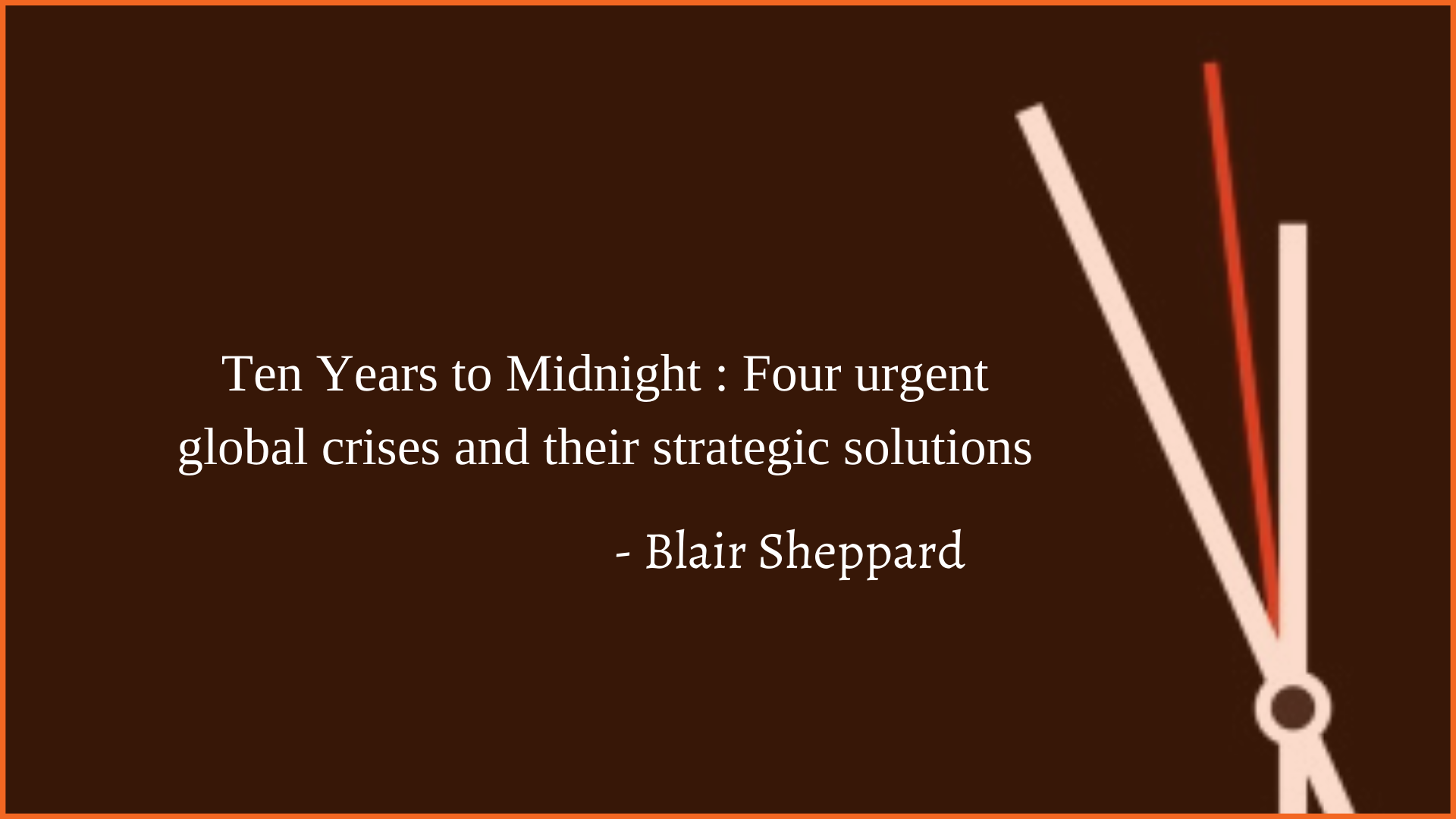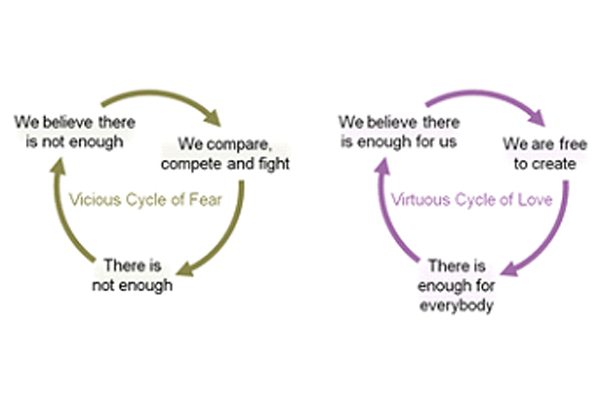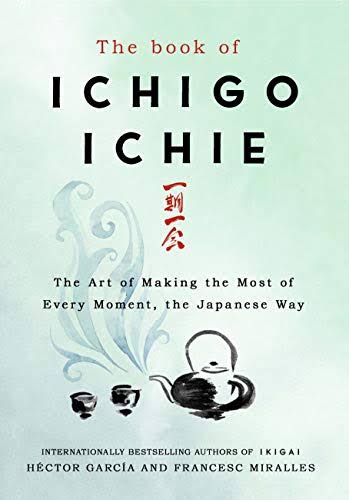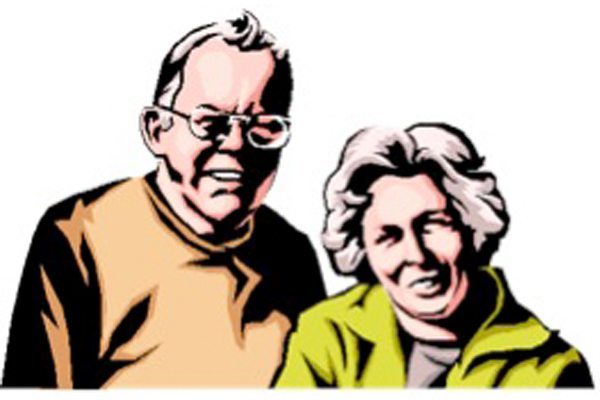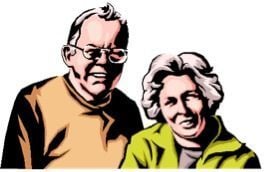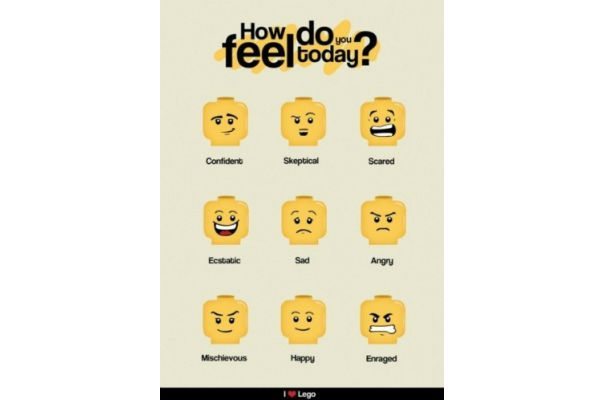Author: naren@hybreed.co
Blair Sheppard – Global Leader, Strategy & Leadership at PwC released his ‘Ten Years to Midnight’ book back in August 2020. And after almost two years of a global pandemic, it remains as relevant as ever. The book talks about a supposed timelines of 10 years that the world leaders have before it’s too late. The timeline focuses on 4 urgent global challenges and possible strategic solutions for them. Sheppard urges leaders to act fast, even as the the 70 years long social-economic progress triggered by the Marshall Plan unravels in front of their eyes.
Continue reading “Leadership Challenges Of 2021: 10 Years To Midnight by Blair Sheppard”
What is the Domino effect?

Every single moment in our life happens only once, and if we are going to let it slip away, we lose it forever
The book Ichigo Ichie by Hector Garcia derives that each encounter one faces is unique and special. It talks about the Zen Buddhism qualities to enjoy every moment to it’s fullest which highlights the attributes of “Master of Tea Ceremony” back in 16th century. The book emphasises on learning how to make every moment once in a life time experience with the ultimate guide to the Japanese guide of Ichigo-Ichie.

The book urges the individual to simplify their lives by doing what sparks joy for them in the present. Keeping things simple can help you achieve the utmost level of happiness. This book talks about the beauty of impermanence, a state where certain object or a feeling would not last for ever and the present is the only thing in life which matters the most.
From this age-old concept comes a new kind of mindfulness. In The Book of Ichigo Ichie, you will learn to use all five senses to get yourself in the present. The book further states that every one of us contains a key that can open the door to attention, harmony with others, and love. This key is called the “Ichigo Ichie”

It was just a perfect morning to start a new workshop – in the beautiful city of Vizag. The stage was set and all regular preparations for conducting the workshop were done. We had an hour in hand, before kicking off a Leadership workshop for a group of 24 participants from a local mining organisation.
Over the last few years, we have earned the experience of conducting many such workshops for senior management teams. Yet, there was something different this time. The average age of the team we were going to address was 53 – by far the most senior group by age, which we had ever handled. How was our approach going to be different? How do we add value to a group, where a few of them had more experience than our age?
At the end of that wonderful day, we were left enriched by the experience. Below are a few lessons we took home from there:
- Don’t Preach –
While we are naturally biased towards a facilitative style of conducting workshops, we needed to remind ourselves that each of the participants carried a wealth of experience. The challenge was to be able to tap into this treasure trove of experience in such a way that people felt easy opening up and sharing. Clearly, the facilitation had to be non-intrusive and non- threatening – and not perceived as providing “Gyan”. - Watch you pace –
We as Indians tend to speak English at a very fast rate. Especially with a older group though, a Facilitator needs to be very conscious about this. People with a lot of experience, naturally tend to validate everything that they hear with their prior experiences. Hence, too fast and you lose engagement – on the other hand, go at the right pace and you see a tremendous amount of richness in the conversations that then follow. - Don’t be rigid –
A key decision for a Facilitator is the amount of control he exercises with the group. Younger groups need to generally be controlled in a tighter fashion when it comes to time schedules & conversations. However with an older group, the same level of control could easily get perceived as policing. Due to the rich conversations, sessions sometimes could easily exceed planned timelines. As long as those conversations are adding value to the group, the Facilitator should consciously not implement rigid timelines. - Listen more and be curious –
Active listening is an indispensable ingredient of good facilitation. In this scenario, it becomes more so. People like to be heard, especially if they have years of experience to share. A Facilitator who displays the curiosity to probe just a little more below the surface of conversations, often returns with rich dividends. - Use more stories –
We all love to hear stories and this love does not diminish with age. Especially while working with older groups, stories are a very good prop to get a message across in the most non-threatening manner. Stories work particularly well during debriefs of sessions. Stories, when well told, also hand the speaker complete attention in the room. - Balance between Intensity and Energy –
A key decision that every Facilitator needs to make in every workshop is the right mix of energy (that comes from physical activities) and intensity (that comes from engaging conversations). For a younger group the balance is tilted more towards energy. For an older group, this balance clearly needs to be tilted more towards intensity. This helps tap the experience through the conversations, while keeping the workshop at a physically optimum level. - Have FUN unapologetically!! –
FUN & humour works almost universally in all kinds of interventions – which is one of the reasons, it’s a core value for us at Focus! At times though, the bias that a Facilitator himself carries in his mind – that older people may not enjoy it as much, hold him back. Big mistake. We as humans, never grow tired of fun, humour and laughter. The team we worked with simply loved to have fun, crack jokes, and pass the odd “creative” comment!
So there it is – our distilled knowledge of what works for older groups. If you read this post closely and think about it again, the key points are not much different for younger groups – are they?
What does that tell you? Do share your thoughts!
We live in a time where the corporate skyline changes every day. Organisations, people, working methods, decision making, communication, even the way we connect with each other evolves daily. While we are still exploring this change, we inevitably find ourselves also being a part of it. But what is this evolution and change that’s so prominent across the entire corporate sector?
I never knew my visit to the beautiful Dal Lake could teach me powerful lessons in selling. When I received an opportunity to conduct a workshop for one of the world’s leading chemical companies I was thrilled because it was also my first time visiting Kashmir. Before I could plan for the program, I planned the places to visit near my hotel – one of them being the beautiful Dal Lake. The shikara (a type of wooden boat) ride was one of the attractions that I didn’t want to miss because of the experience of the boat ride amidst the scenic view of the valley.
How can we make every employee contribute to an organization’s success? How can we ensure that our most talented employees continue to thrive? How can we keep our employees motivated? These are some of the questions that keep almost every leader up at night.
All around us we see people talking about the power of ‘Belief’. Hundreds of writers write books & blogs on the same topic. There is definitely a buzz happening for the same thing. This is a great sign that there are plenty of people who are experiencing the powers of belief. In Johann Wolfgang’s words – ‘Magic is believing in yourself, if you can do that, you can make anything happen’.


